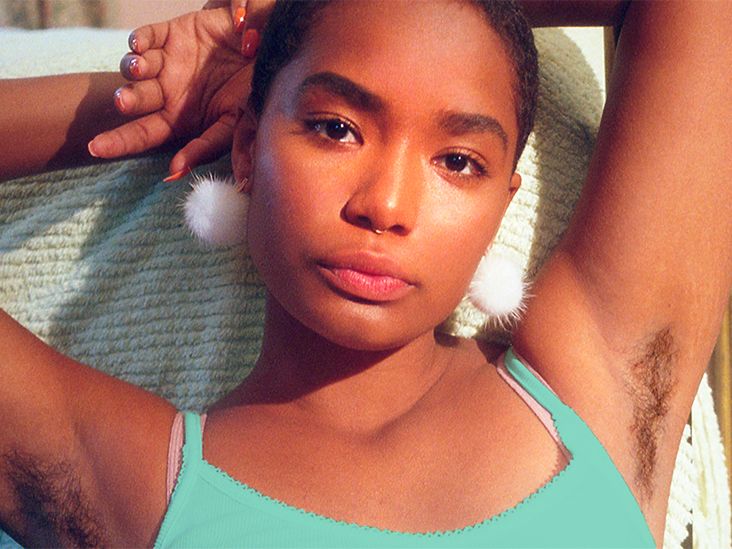Creatine doesn’t directly cause hair loss but may boost DHT, a hormone associated with male pattern baldness.
Ah, creatine! It’s a popular supplement promising muscle gains and enhanced performance. But as you’re hitting the gym harder and seeing results, there are some potential side effects to be aware of. Here’s the lowdown.
Creatine monohydrate is a naturally occurring substance found in muscle cells. It helps to produce adenosine triphosphate (ATP) — your muscles’ go-to fuel when working hard.
Although you can find creatine in foods like red meat and seafood, many gym enthusiasts and athletes boost their stores with supplements. Why? Because more creatine equals more ATP, which means more energy for high-intensity activities. More fuel means more mileage!
Now, here’s where things get hairy. You might dial up your body’s DHT (dihydrotestosterone) production when you uplevel creatine. DHT is a derivative of testosterone and plays a big-league role in developing male characteristics. But here’s the catch: while DHT might beef up your alpha vibe, it’s also notorious for thinning out hairlines in peeps predisposed to male pattern baldness.
So, do creatine supplements cause baldness? Maybe! The buzz mainly stems from a small 2009 study where college-aged rugby players loaded up on creatine and saw their DHT levels increase significantly.
Because DHT can shrink hair follicles and shorten the hair growth cycle, it may seem logical to blame creatine for contributing to hair thinning. However, it’s important to remember that these findings are a one-hit wonder — they haven’t been seen again in other studies. Plus, let’s not forget that intense workouts alone can pump up these hormones, too.
As a result, the jury’s still out, making the creatine-and-baldness saga a hot topic for gym gossip and scientists alike.
The same 2009 study found that after a week of taking high-dose creatinine at 25 grams per day, DHT levels rose by 56%. When the researchers dropped the dose to 5g daily for two more weeks, levels remained 40% higher than baseline. These findings contrasted with the control group participants who took a placebo.
Does this mean creatine could spell disaster for your do? Well, creatine boosts DHT, the usual suspect in male pattern baldness, also called androgenic alopecia. However, your disposition to hair loss and the effects of DHT is genetic, meaning that it’s inherited.
Some folks are more prone to DHT’s hair-ruffling effects because of how their androgen receptor gene is wired. Hormones like testosterone and DHT bind to androgen receptors, typically triggering normal hair growth. However, variations in the AR gene make the androgens extra effective, making you more likely to experience hair loss.
So, while there isn’t much evidence to say that creatine supplements cause hair loss, the connection to increased DHT levels is worth considering if your family reunions look like a convention for bald eagles.
Beyond the potential for a breezy scalp, creatine is actually solid in the safety department, with long-term studies giving it a thumbs up. However, although creatinine doesn’t pose a risk to healthy individuals, it might not be your best move if you have kidney, high blood pressure, or liver disease.
Another thing to keep in mind is that creatinine loves to hang onto water, so expect some extra bloat and weigh-in surprises as your body adjusts.
Thinking of starting a creatine kick? Chatting with your doctor first is always wise, especially if you have other health conditions or take medications. They can advise you and rule out any potential interactions.
If you’re taking creatinine and notice changes to your hair, a check-up is a good idea. Shedding a few strands is normal, but it’s a red flag if you start losing clumps of hair. Rapid hair loss can indicate underlying health issues that go beyond your hairstyle.
Furthermore, consult a doctor if hair loss is weighing on your mind. They can offer solutions or treatments to manage your hair loss and stress.
Creatine is celebrated for its muscle-building prowess, but rumors of a link with hair loss exist. The good news is there’s little conclusive evidence directly connecting creatine supplementation to permanent hair loss.
However, creatine loading may boost DHT levels, a hormone linked to male pattern baldness, especially in people genetically predisposed to hair thinning.
So, if you’re concerned about hair loss, it might be wise to talk with a doctor before adding creatine supplements to your muscle-building routine.

 11 months ago
205
11 months ago
205









 Bengali (BD) ·
Bengali (BD) ·  English (US) ·
English (US) ·